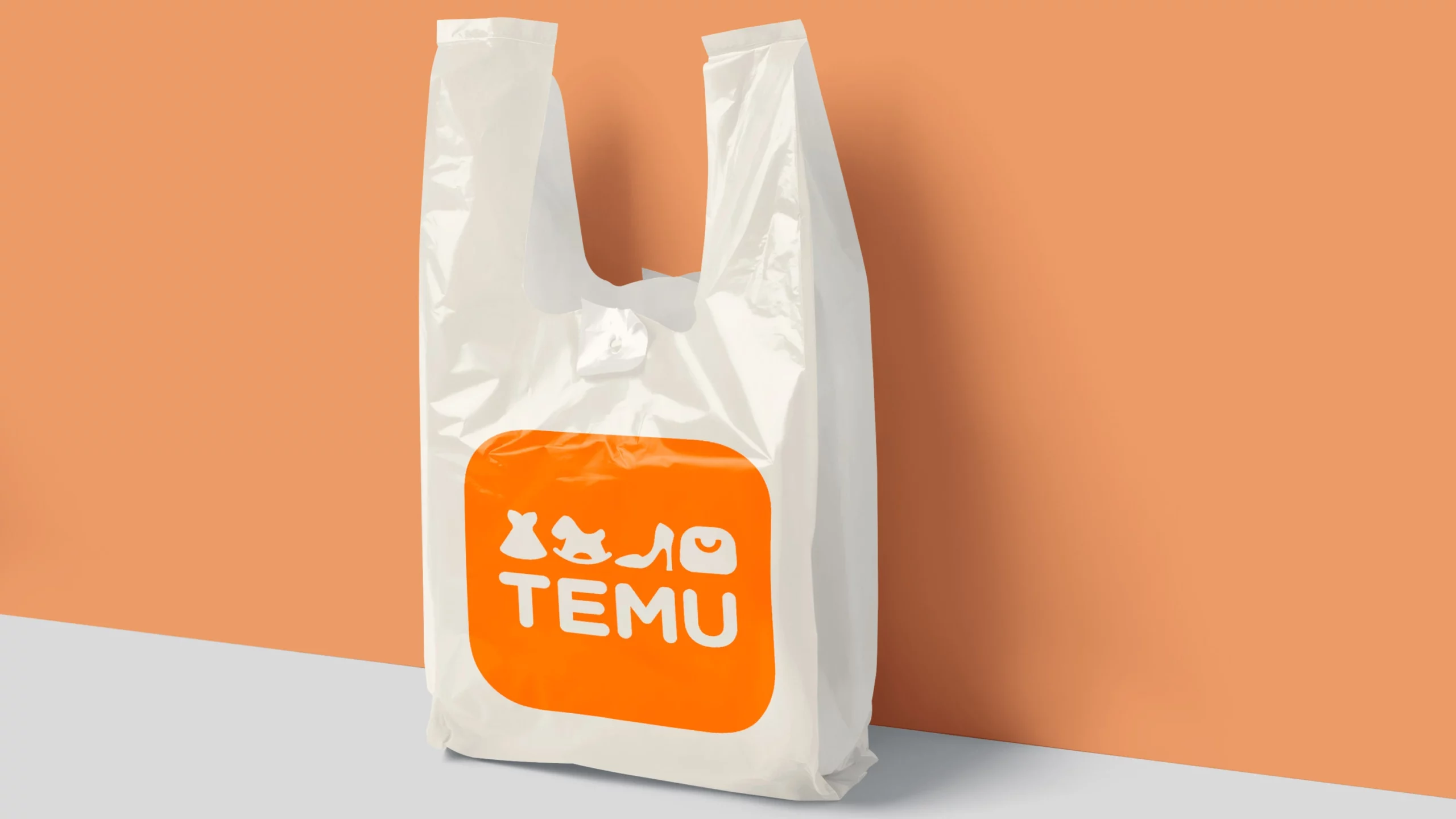
Discount eCommerce marketplace Temu reached $1 billion monthly gross merchandise volume (GMV) in June, according to market research firm YipitData.
The app connects buyers directly with manufacturers in China, reducing the cost of individual or bulk buys for everyday items.
It has been a hit in the United States ever since it launched in September 2022, with nine months of growth in GMV. Temu has rolled out to other countries, but the US remains its largest market by a significant margin.
To get a better understanding of Temu’s rapid growth, according to Bloomberg Second Measure, it surpassed Shein in the US on monthly sales and customers in June. It has been the most downloaded app in the US every month of the year, and has twice as many downloads in 2023 than the second most downloaded app, TikTok, according to data from AppMagic.
Temu is wholly owned by Pinduoduo, an eCommerce giant in China responsible for the new wave of direct-to-consumer eCommerce which happened in China in the late-2010s. Pinduoduo has shifted this model to the US, reducing the middleman costs that are added to almost all everyday products available on Amazon and other marketplaces.
That lack of middleman to check quality has led to Temu getting a lot of negative reviews, but the company has added some consumer safety checks to ensure that the product gets to the customer at a reasonable time and is how it is described on the app.
TikTok broke ground for Chinese apps by gaining a huge audience in the West. Previous attempts by Baidu, Alibaba, and Tencent ended in failure, although the latter two are still investing heavily in Latin America and Europe. Shein and now Temu show there is potentially space for new competitors in what some analysts considered closed markets. This is especially true for upstarts that have the ability to connect directly with manufacturers, reducing the overall costs of items.











